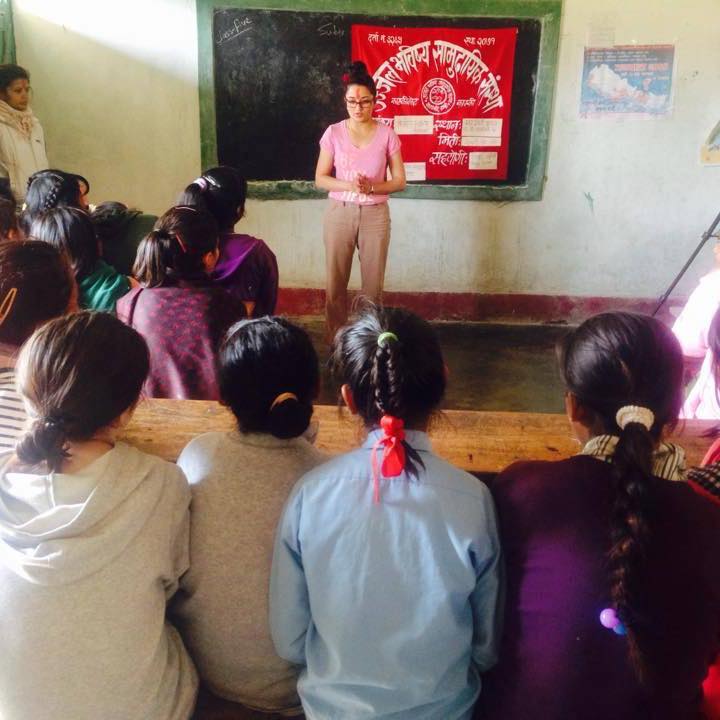Menstrual Taboos in Nepal and Its Effect on Girls’ Education and Empowerment
Apr 28, 2022
First story


I was 14 when I had my first period. When I told my mother about my period, she asked me to stay in the bathroom. I still remember when I came out of the bathroom, the new arrangement of our home scared me. My brothers had left home, women gathered to see me, and each room in our house was darkened. Like my mother and other women and girls in my community, I was forbidden to sleep in a bed, to see or touch men or to pray for several days. As a Hindu girl, I had to stay away from domestic activities and festivals during my period.
The first three periods are the worst because the restrictions are stricter and harder to follow as you are expected to hide for several weeks, separate from your family and the rest of the world. Today, many girls in Nepal, both rural and urban areas, miss school because of this practice. I was fortunate to stay at home while many girls and women in Western Nepal are forced to live in a shed, away from their family. The practice of isolating women and girls during menstruation is called Chhaupadi. In 2005, the Nepalese Supreme Court made Chhaupadi illegal, but cultural tradition is strong, and it is therefore still widely practiced in Western Nepal. In addition to cultural taboos and practices, Nepali schools lack the infrastructure to address the needs of women and girls. When I was completing my high school in Nepal, my school did not have proper door locks, water, or a trashcan in the girl’s toilets. This meant that girls didn’t have privacy and they had to bring someone along with them to guard the door.
After learning all this, I decided to do something about it. In 2014, I coordinated with a local Nepali NGO called Bright Future Community Organization that works with village women, farmers, and children. In 2015, we organized a one-day program on Menstrual Hygiene for girl students in two rural schools. The program focused on puberty with an emphasis on menstrual hygiene and sanitation for almost 50 girl students. During this program, I learned that most of the girls were scared and worried when they had their first period. One thing that really bothered me was how girls were disposing of their used sanitary pads. Several girls mentioned that they would burn their used sanitary pads, throw them into the river or near a public water tap, bury them, or burn them. Sewage and waste management was a huge problem in this village. That day I told myself that no matter what problem I want to solve, I will always make sure that I’m not creating a new problem to solve the original problem.
My dream is to ensure that women and girls in Nepal have access to not only eco-friendly and reusable sanitary products, but also relevant and accurate information about puberty, sex education, and self-care. To achieve my dream, I want to develop a girls’ empowerment workshop to implement in Nepali schools. The workshop will cover themes such as menstrual hygiene, sex education, human trafficking, street harassment, gender-based violence and discrimination, child marriage, and early pregnancy. When girls learn about these issues, they are more likely to fight for their rights, justice, and equality.




